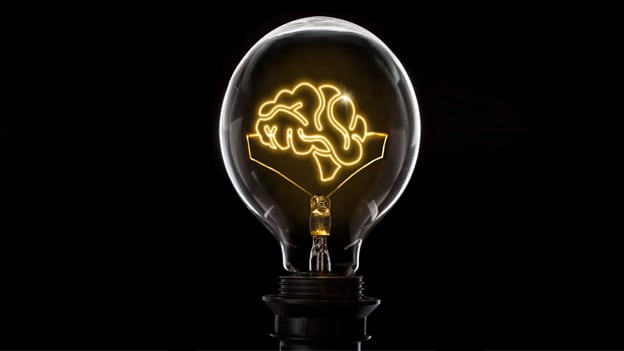Learning linked to reward system of brain

The brain prize honours European brain research and international collaboration and is given by the Lundbeck foundation, which is an active industrial foundation established in 1954. It collaborates with 3 large Danish universities and Danish society for neuroscience for this programme.
This year the Brain prize is in its 7th year, and the prize was awarded to 3 UK based researchers for explaining how learning is associated with reward system of the brain. The prize winners have found a key to understanding the mechanisms in the brain that lead to compulsive behaviours in animals in humans.
Through animal testing, mathematical modelling, and human trials, the three prize winners have proven that the release of dopamine is not a response to the actual reward but to the difference between the reward we expect and the reward we actually receive. The greater the surprise, the more dopamine is released.
The human brain has one million brain cells that carry the neurotransmitter dopamine. These dopamine neurons are located in the centre of the brain but have pathways to many other parts of the brain. If a laboratory animal receives the exact reward it is expecting, activity in the dopamine neurons will increase slightly. But if the reward is greater than expected, activity levels increase much more dramatically. Similarly, activity levels fall to below the baseline if the reward is less than expected. The researchers have also proven that the response steadily declines if the animals receive the same reward again and again.
Regardless of what we are doing, our brain will always keep an account of the reward for our actions and behaviour relative to our expectations. If the reward for an action is better or greater than expected, we will do more of the same in anticipation of a greater reward. If the reward is poorer or smaller than expected, we will avoid repeating the action
We learn from both situations – we learn from our actions. We are rewarded for appropriate actions but we also learn from our mistakes. If the reward is exactly as expected, we learn nothing – our expectations remain the same and our behaviour pattern remains unchanged. We become spoilt or indifferent if we receive the same reward again and again.
So if you are an HR or business leader looking to design or redesign your reward and recognition program, you now know the complexity of the task at hand. Not only do you have to understand the “expected” reward 3 different generations at work have from the same type of work, you also have to keep surprising them time and again to keep them motivated.
This research while extends our understanding about dopamine neurons and the role they play in decision-making and behaviour, also help us understand how our brain is constantly “sizing” up the situation by picking up signals and signs. This research helps us understand that we as humans are learning all the time consciously or unconsciously. These learning get coded and associated with certain signs and signals. Thus enabling us to make decisions and take actions
From neuro-science perspective, reward stimulus has pleasure, learning and approach behaviour attached. This simply means that all reward stimuli either will generate pleasure, or learning or approach behaviour or a combination of the three. The motivational or desirable aspect of rewarding stimuli is reflected by the approach behaviour that they induce, whereas the pleasurable component of intrinsic rewards is derived from the consummatory behaviour that ensues upon acquiring them.
Understanding these fundamental aspects of neuro-science and neuro-psychology will help HR professionals in looking at reward at workplace in a holistic perspective. We not only have to design the work but also other associated aspects of the work to ensure that there are enough signs and signals being picked up by the human brain to stay engaged and motivated.













